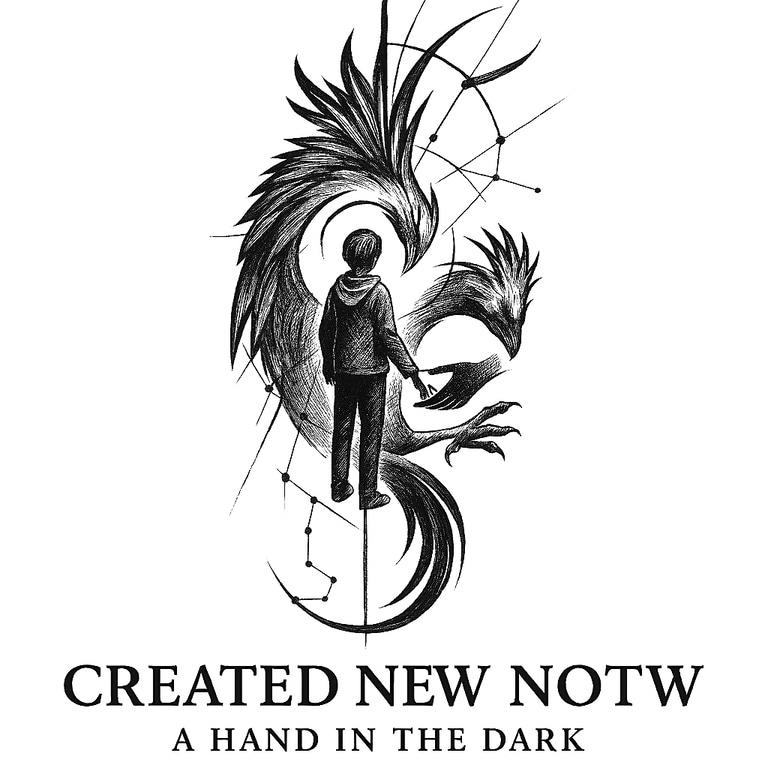Empowerment Training
We provide training and mentorship for aspiring certified peer specialists in recovery-focused care.


Peer Specialist Training
Become a certified peer specialist and lead recovery-focused initiatives in your community.
Mentorship Programs
Connect with experienced mentors to guide your journey in peer support and recovery.
Employment Pathways
Explore job opportunities that promote healing, dignity, and self-sufficiency in rural areas.
Training FAQs
What is peer specialist training?
Peer specialist training empowers individuals with lived experience to support others in recovery-focused care. Peers spend time working in the mental health field under supervision. They go to weeklong training sessions upon which they receive a certificate of graduation. This qualifies them to then take the ICRC exam and when passed, request from the state a Certified Peer specialist license number. They are then required much like mental health professional to continue education throughout the year. There are many endorsements in the Peer Specialist field a individual can continue to pursue.
Who can become a peer specialist?
Individuals with lived experience in mental health, addiction, or trauma can become certified peer specialists. One must possess a year of recovery in lived area, and be submitted for role by a supervisor in the field of mental health.
What does the training involve?
The training includes mentorship, skill development, and pathways to employment in recovery-focused care settings. There is also a full week training provided by certified professionals that one must attend.
How can I get involved?
You can get involved by applying for training programs or volunteering in peer support initiatives. You can also get involved by sponsoring a person through the program. The training is a cost. The testing also costs to take, as well as the room, food, and travel expenses. The expense to become certified is more than most can afford and sponsorship ensures qualified people have the opportunity to attend.
What are the benefits?
Benefits include improved mental health outcomes, community connectedness, and reduced stigma in rural areas. The more certified individuals we have in a community, the more likely a person suffering has the opportunity to connect and stay connected. With limited Certified professionals the ones that want to help run the risk of burn out faster. With more professionals we can spread out the individuals connected making for more meaningful connections. We aim to reduce mental health crisis. Making your community a healthier place to live and thrive.


Empowering Peer Specialists
Empowerment
Supporting recovery through peer-led solutions.
Support
Fax:307-207-8537
© 2025. All rights reserved.
